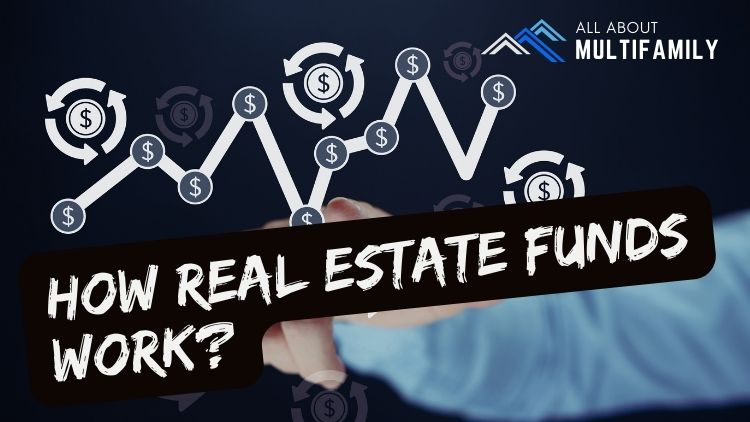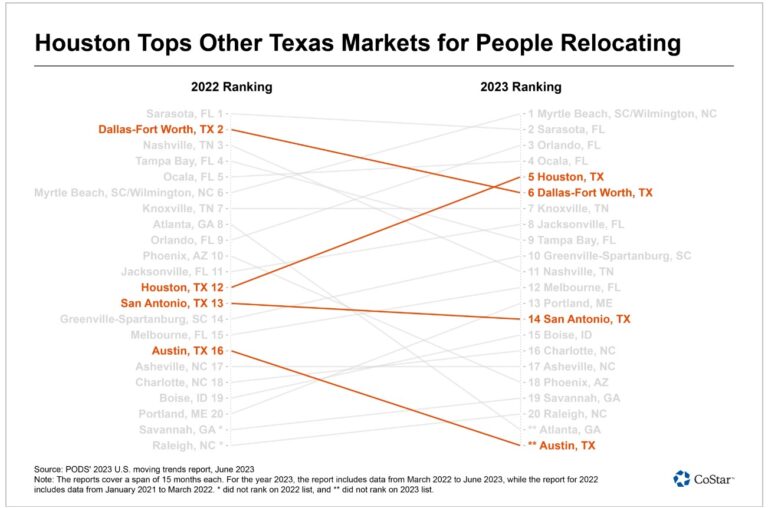Gurus like Grant Cardone have been professing that home ownership is not a good idea and it is no longer an American Dream! But is that really true? Let’s find out.
Campaigns inciting people to forgo home ownership and live on rent for whole of their life are largely a propaganda wherein an average American is lured into investment channels which are mainly controlled by companies like Cardone Capital. After all, they don’t get any benefit if someone buys a home on mortgage and become a home owner! Companies like these also want people to rent the apartment units owned (through other people’s money) and operated by them. That’s how they will create wealth for themselves and splurge on private jets and stuff like that.
So it is time to take an informed decision keeping aside all the noise and propaganda.
First of all, just answer this question – Would you like to live in rented homes for whole of your life even if there are millions sitting in your bank statements? Will that give you a sense of fulfilment? Will your family ever feel good living in rented houses?
Homeownership is often considered a key milestone in one’s financial journey, offering stability, equity growth, and a sense of pride. While some may perceive it as a long-term commitment, it’s important to recognize that there are situations where flipping a home can present a lucrative opportunity. In this article, we will explore the benefits of homeownership and why flipping a property can be a viable and profitable option when the right opportunity arises.
The Advantages of Homeownership
Owning a home provides several advantages that make it a desirable option for many individuals and families:
- Equity Growth: Over time, real estate tends to appreciate in value. As a homeowner, you have the potential to build equity in your property, which can serve as a valuable asset and contribute to your overall wealth.
- Stability and Control: Homeownership offers stability and a sense of belonging. It provides the freedom to customize your living space, create a sense of community, and establish long-term roots.
- Tax Benefits: Homeowners can benefit from various tax advantages, such as deducting mortgage interest and property tax payments. These deductions can help reduce your overall tax liability and increase your disposable income.
Recognizing Flipping Opportunities
Flipping a property involves purchasing a property, renovating or improving it, and then selling it for a profit within a relatively short period. While it requires careful consideration and market analysis, flipping can be a viable opportunity under the right circumstances. Here’s why:
- Market Conditions: Flipping is often more successful in a seller’s market, where demand exceeds supply and prices are rising. When there is high buyer demand and limited inventory, you can take advantage of the favorable conditions to sell the property at a higher price.
- Renovation Potential: Flipping opportunities arise when you identify properties that have untapped potential. By identifying properties in need of repairs or updates, you can leverage your skills or hire professionals to renovate the property and increase its value.
- Financial Gain: Successful flipping can yield substantial financial gains. When executed correctly, the profits from flipping a property can provide a significant return on investment (ROI), often surpassing what you might achieve through traditional buy-and-hold strategies.
Key Considerations for Flipping
While flipping can be a profitable venture, it’s important to approach it with caution and consider the following factors:
- Market Research: Conduct thorough market research to identify neighborhoods or areas with strong demand and potential for property appreciation. Analyze recent sales, market trends, and the potential buyer pool to ensure there is a market for the flipped property.
- Financial Analysis: Perform a comprehensive financial analysis of the project, including the purchase price, renovation costs, holding costs, and potential selling price. Account for unexpected expenses and factor in a reasonable profit margin to ensure a successful outcome.
- Expertise and Network: Successful flipping often requires expertise in property evaluation, renovation management, and understanding local building regulations. If you lack the necessary skills, consider building a network of professionals, including contractors, architects, and real estate agents who can provide guidance throughout the process.
The Balance Between Homeownership and Flipping
Homeownership remains a valuable long-term investment, providing stability, equity growth, and numerous benefits. However, when the right opportunity presents itself, flipping a property can be a profitable endeavor. By combining a keen eye for market opportunities, strategic renovation efforts, and sound financial analysis, you can leverage the potential of both homeownership and flipping to maximize your real estate investment portfolio.
Remember to approach flipping with careful planning, thorough research, and a realistic understanding of the risks involved. With the right mindset, skills, and a bit of luck, you can seize profitable opportunities and build wealth through the art of flipping properties.














































![An In-Depth Look at Jake and Gino's Coaching Program [A Review]](https://allaboutmultifamilyinvesting.com/wp-content/uploads/2023/10/AAM-BMP-Blog-Covers-750-×-422px-6.jpg)


![Email Marketing Tips for Multifamily Real Estate Syndicators to Raise Capital [Templates included]](https://allaboutmultifamilyinvesting.com/wp-content/uploads/2023/09/AAM-BMP-Blog-Covers-750-×-422px-4.jpg)






![The Richest Kids In America [Book Review]](https://allaboutmultifamilyinvesting.com/wp-content/uploads/2023/09/AAM-BMP-Blog-Covers-750-×-422px-84.jpg)
















